Whose land am I on?
Whose land are you on?
In Canada, we often do something called a Land Acknowledgement whenever we gather. It’s a way to pause for a moment and connect with the real truth of how our country was formed. We all have a responsibility to consider the legacy of colonialism in our life today. The kids hear these land acknowledgements every day at school.
Back when we lived in Okotoks, Alberta - a suburb of the so-called City of Calgary - the land acknowledgement went something like this: “We acknowledge that we live, work and play on Treaty 7, the traditional territories of the Blackfoot, Tsuut’ina, and the Métis People.”
But for me, working from home and hearing these acknowledgements so rarely, without a meaningful practice of engagement, they seem to just slip into the background. So when I was put on the spot during an interview for Pride Month, I froze.
The host started with their land acknowledgement. “Wonderful!” I think to myself, “I love this! I want all my podcast interviews to start this way!”
And then, “and whose land are you on Nick?”
SHIT SHIT SHIT SHIT SHIT… Blank. Not because I don’t know that we are on the Coast Salish People’s land, but because here on Salt Spring Island, I know we say something more specific. Instead of saying the name of the tribes, we name the traditional ancestral languages of the people who this land belongs to.
I know this, but I suddenly realize I don’t know why we do that, and because I work from home, in my own little world, I had no practice at pronouncing the names.
The truth is that - since moving here - I haven’t taken the time or energy to connect and understand. I got complacent and lazy.
I allowed my kids' school to take the lead with this part of their education— after all, they have an indigenous elder that teaches at their school. What could I possibly teach them that he wouldn’t do better? It’s sound logic, except, I failed by not making the space and time to learn alongside them.
And it showed! I fumbled my way through the land acknowledgement, (which didn’t make it into the interview because it was a 45 minute conversation edited down to less than 10), and felt the sting of knowing that I can and should be doing better. At the dinner table that night, I told my family the story.
I wanted to tell them the story of my failure so they could see what it looks like to accept that you messed up, that you weren’t doing your best, and then take steps to do better.
The coolest thing is that then my three teens sat around our family table and educated their folks on why Salt Spring Island, the largest and most populated of the Canadian Southern Gulf Islands, is also known as Turtle Island. And that it’s the ancestral and unceded traditional territory of the Hul’qumi’num and SENĆOŦEN speaking peoples.
They taught us how to pronounce the words, and even taught us some of the traditional songs they’ve learned at school. And they left me pondering the ways that we might try and become more connected with this land, its people, and its history.
In case you were wondering, here’s how the land acknowledgement actually goes: We acknowledge that we live and learn on the shared, traditional, unceded territories of the Coast Salish Peoples, specifically the Hul'qumi'num and SENĆOŦEN speaking peoples.
I’m grateful that I felt the sting of shame. It helped me realize I should be doing better - not so I can do an interview, but because my actions and knowledge don’t currently align with my values.
If you don’t currently know whose land you are occupying, check out this great tool to get you started, native-land.ca. It’ll show you native lands all over the world - not just Canada.
And once you know whose land you are on, take time to dig deeper and learn about the history of the people whose land you occupy and see how else you might connect with and support the first nations people around you.
Other posts that might interest you: How Our Family Is Trying To Honor Indigenous People This Canada Day

